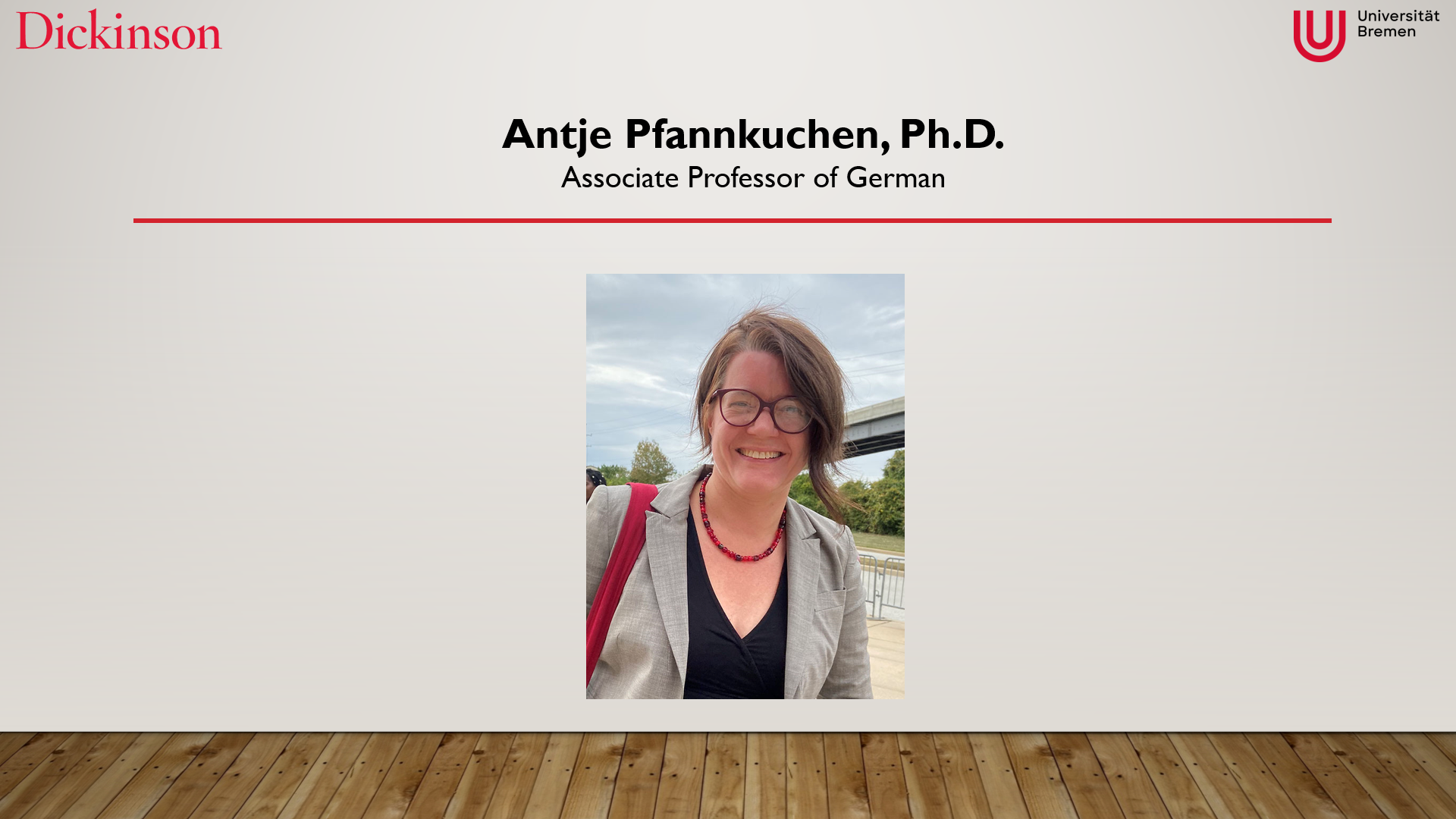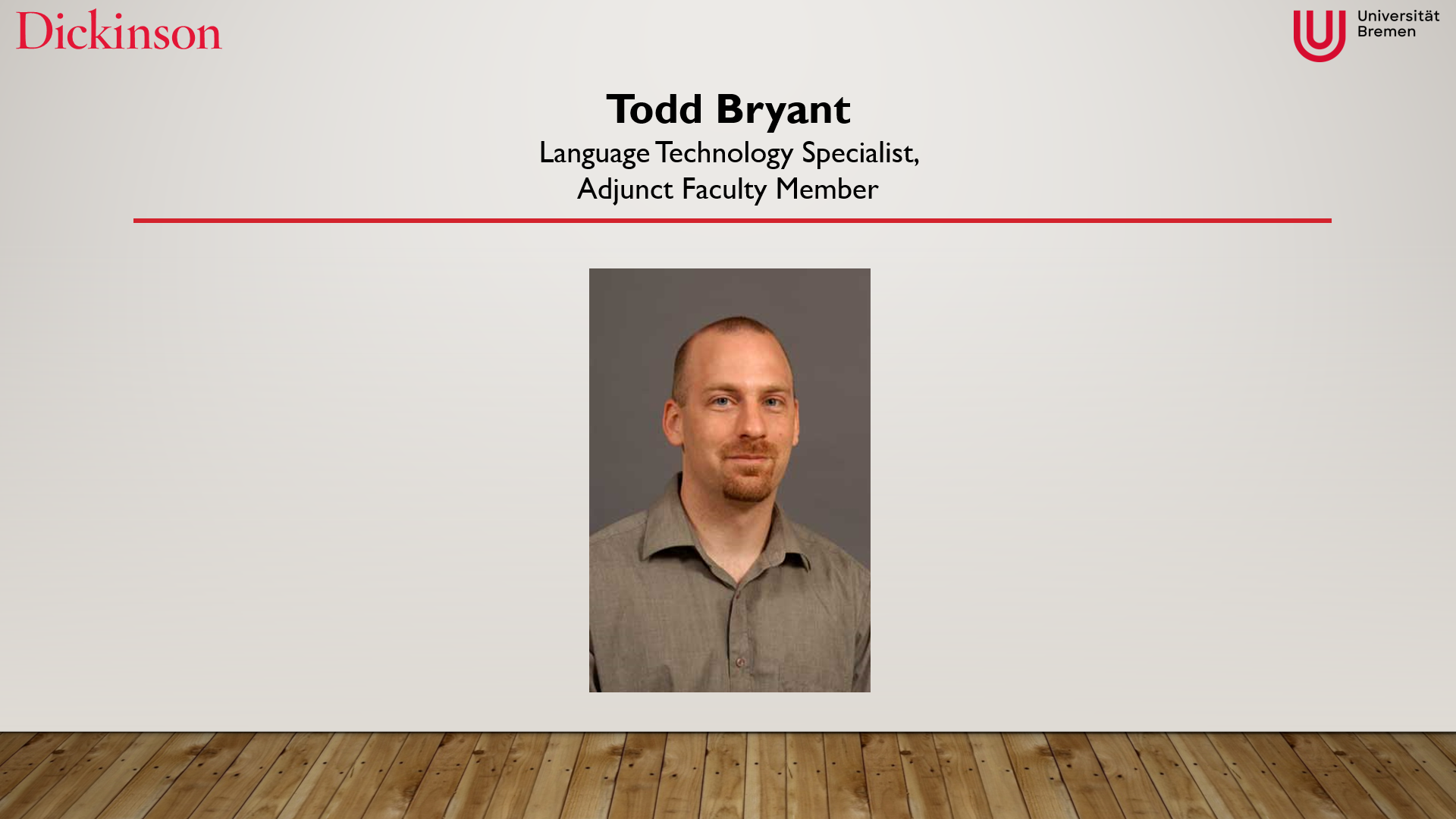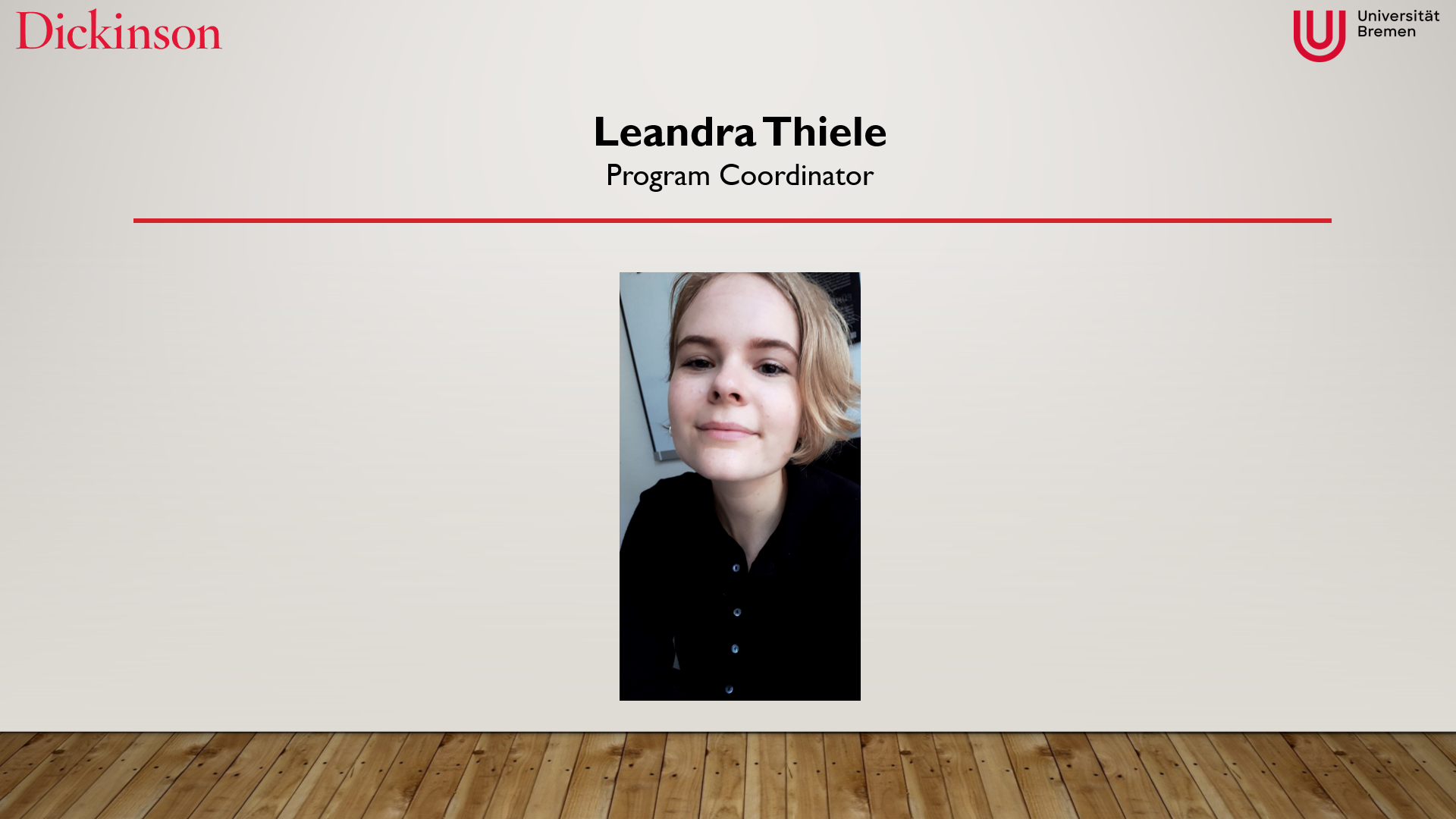
© Torsten Bolik / Universität Bremen (University of Bremen August 1974)
This year, the University of Bremen is celebrating its 50th anniversary. In an interview with Bremen’s regional newspaper, Weser-Kurier, University of Bremen’s principal Prof. Dr.-Ing. Bernd Scholz-Reiter discusses how the Uni wants to celebrate its 50 years of existence.
“For us, 50 years of university means reflecting on what has happened here during this time, why the university exists at all, what it has done and continues to do for the city and society. What would be missing if the University of Bremen did not exist? Where do we want to go from here? What should the European university look like that we are building with seven other partners under the name “Young Universities for the Future of Europe”? We want to discuss these and similar questions this year, together with the citizens of this city and this state.”, Scholz-Reiter explains.
According to him, without Uni Bremen there would be fewer findings in a whole range of scientific fields that are based in Bremen and that provide important results and approaches for global research and development. If the university did not exist, Bremen as a location would look different – not only because of the employees of the university, but also because of the people who are educated here. The university has not only regional economic effects, but also regional structural effects.
“We want to use our anniversary as an opportunity to make citizens aware of the value of the university. But the anniversary also offers us the opportunity to celebrate ourselves a little, to strengthen our own identity and sense of belonging, and to look with pride at what we have achieved.”
As part of its 50th anniversary celebration this year, the University of Bremen is offering a series of events to experience the many facets of the university as a European research university and an inspiring place for education and teaching. Under the motto “We Bring the City to Our Campus and Turn the City into a Campus,” participants can visit events and exhibitions at a wide variety of locations, take part in seminars, and thus discover how closely the university is connected to Bremen’s everyday life.
All event formats are to take place analogously – as far as the situation in the pandemic allows – and will be adapted in time to the then valid Corona regulations.
The following events are planned as of now:
EXHIBITION
50 “Why? That’s why.”- venues: starting in spring 2021
Exhibition in the Lower Town Hall: October 2021
OPEN CAMPUS WEEK
Location: Campus of the University of Bremen
Dates: June 7 – 13, 2021
CAMPUS CITY
Location: City of Bremen
Dates: October 14 – 31, 2021
Further information can be found here:
https://www.uni-bremen.de/en/university/profile/history-1/50years
https://www.weser-kurier.de/bremen/bremen-stadt_artikel,-universitaetsrektor-scholzreiter-wir-wollen-unsere-vielfalt-zeigen-_arid,1953338.html
 Prof. Pfannkuchen arrived at Dickinson in 2009. After living in Berlin, NYC and London, Carlisle was a bit of a change, but by now (and especially during the pandemic) small-town living has grown on her. At the moment, though, she is on leave as a visiting scholar at Johns Hopkins University, finishing her manuscript “Printing the Invisible.” This book studies the beginnings of photography in the early 19th century and how they were connected to research in electricity and to romantic poetry.
Prof. Pfannkuchen arrived at Dickinson in 2009. After living in Berlin, NYC and London, Carlisle was a bit of a change, but by now (and especially during the pandemic) small-town living has grown on her. At the moment, though, she is on leave as a visiting scholar at Johns Hopkins University, finishing her manuscript “Printing the Invisible.” This book studies the beginnings of photography in the early 19th century and how they were connected to research in electricity and to romantic poetry.










